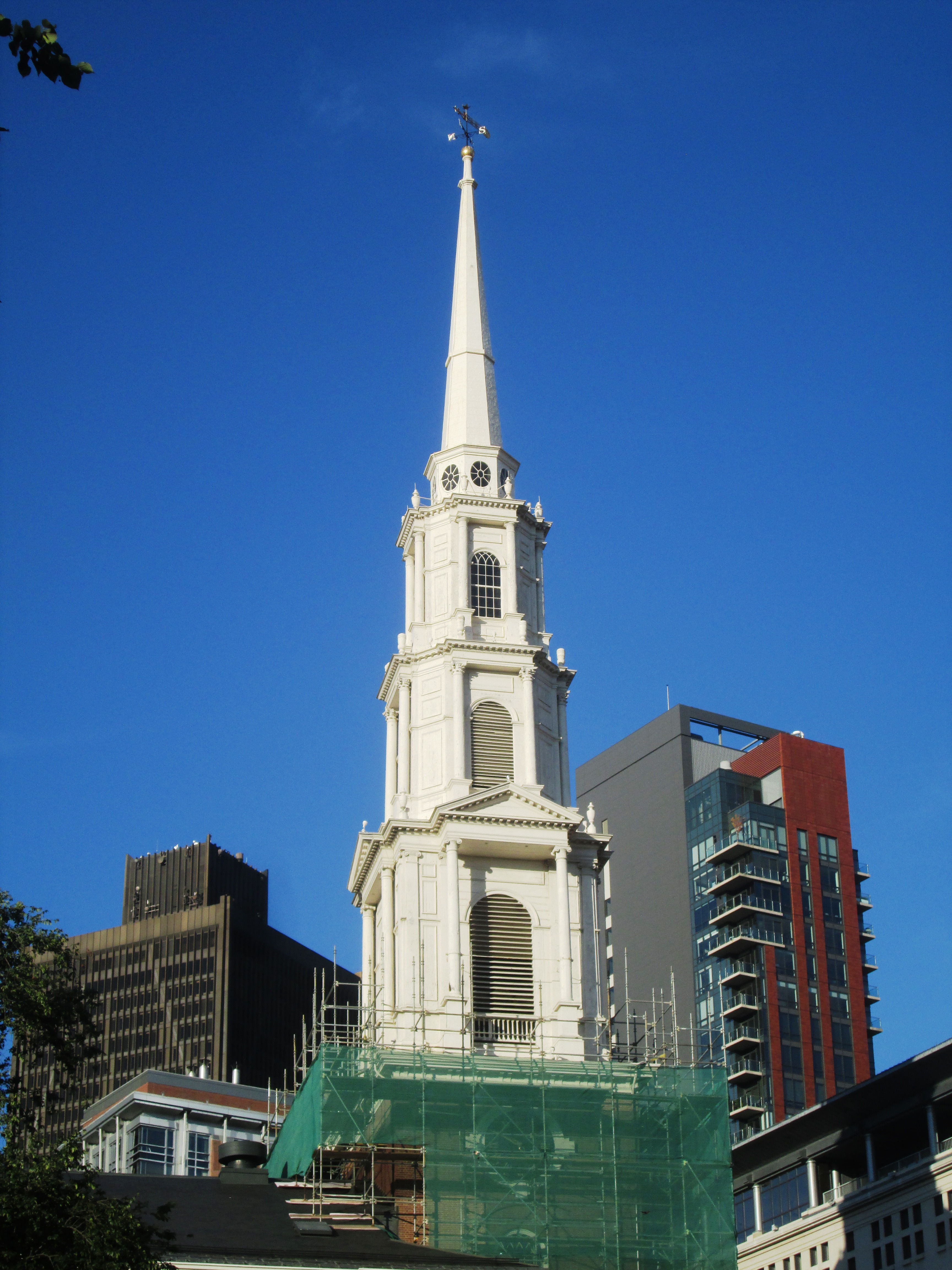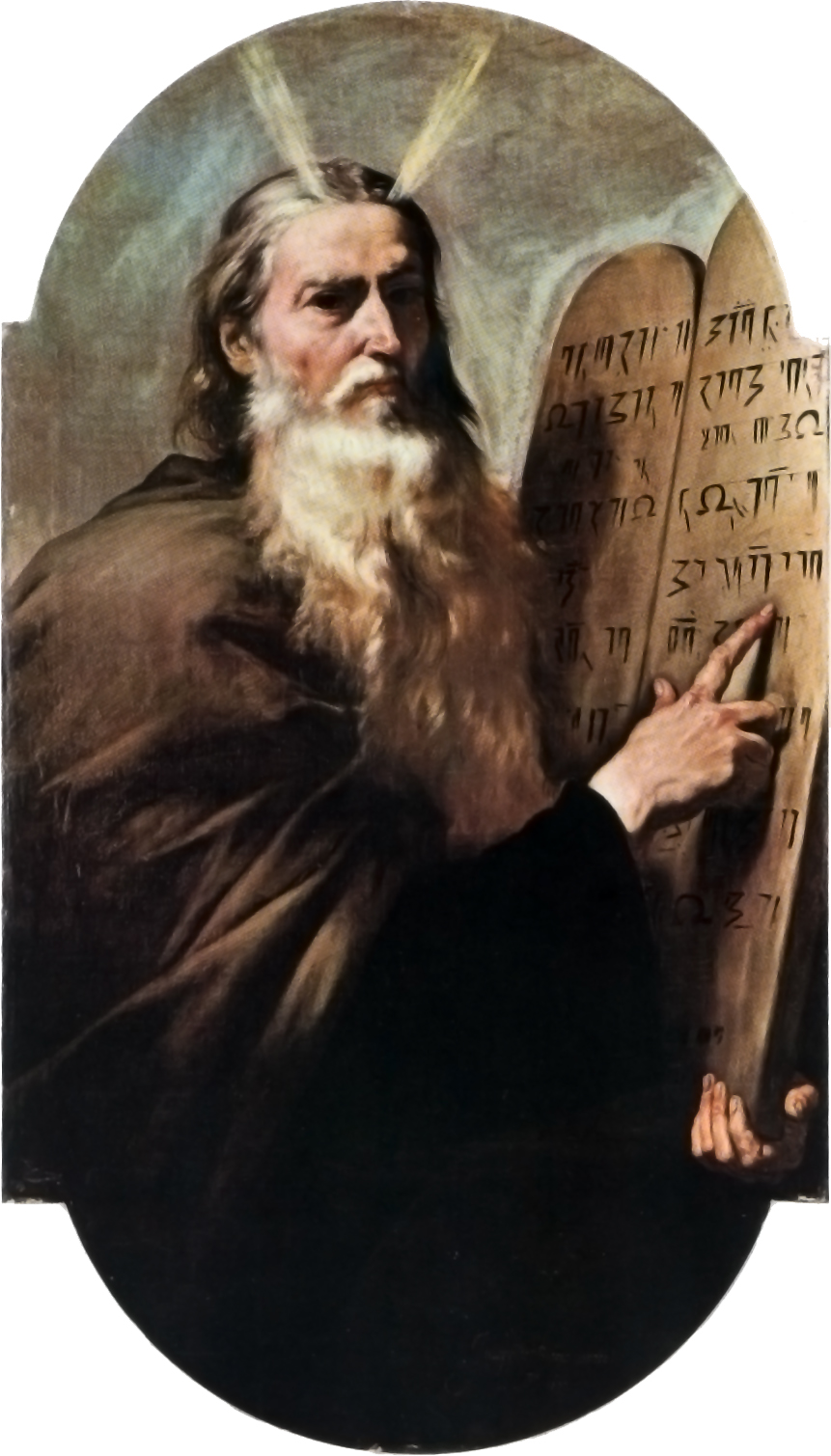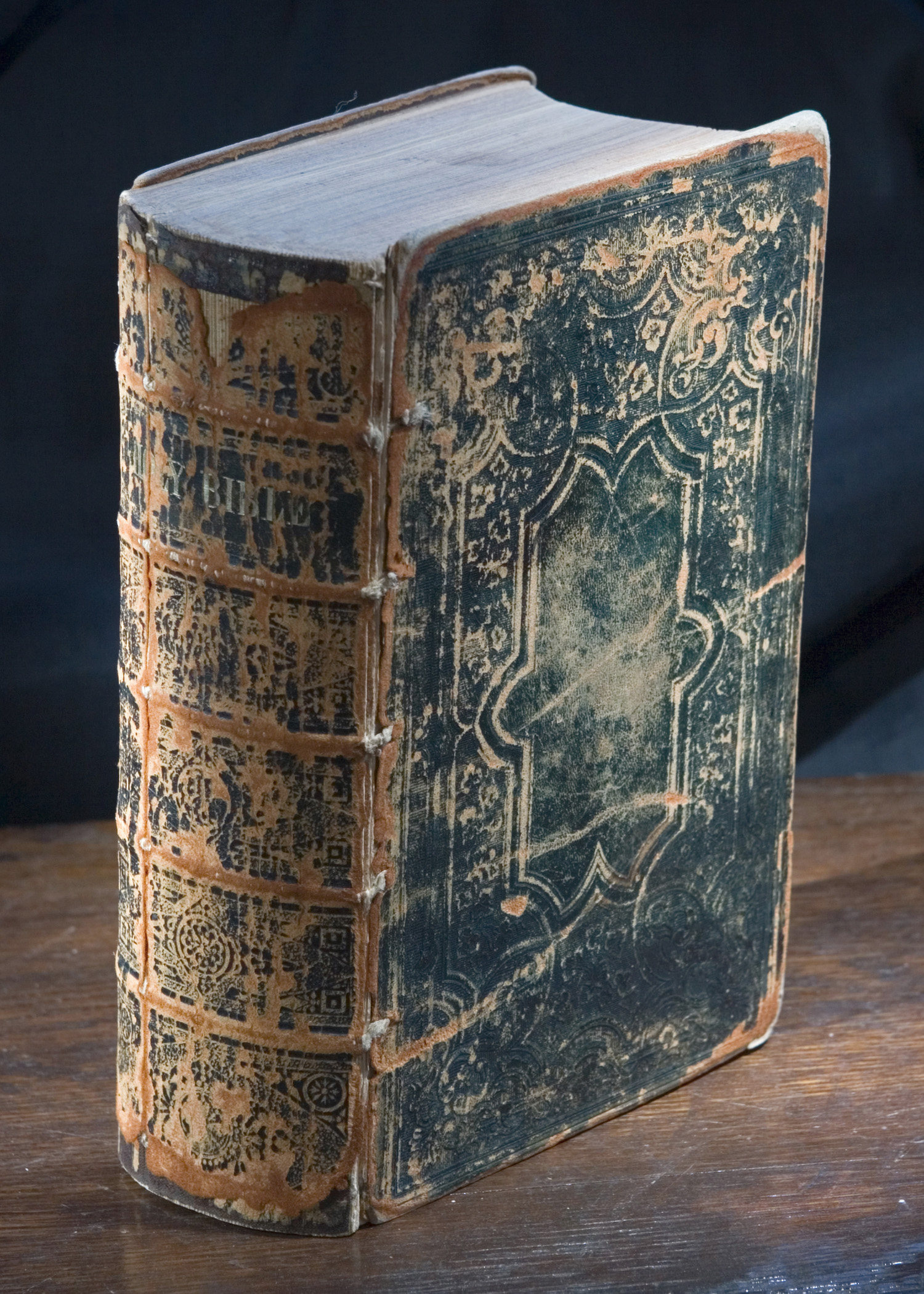|
Gleason Archer
Gleason Leonard Archer Jr. (May 22, 1916 – April 27, 2004) was a biblical scholar, theologian, educator and author. Early life Gleason Archer was born in Norwell, Massachusetts in 1916 and became a Christian at a young age through the influence of his mother, Elizabeth Archer. His maternal grandfather was a pastor. Archer's father was Gleason Archer Sr., the founder of Suffolk Law School in Boston. Archer grew up in Boston and spent summers in Norwell. He graduated from Boston Latin School and in 1938 he graduated from Harvard University with a BA ( summa cum laude in Classics). He received an LL.B. from Suffolk Law School in Boston in 1939, the same year he was admitted to the Massachusetts bar. In 1940 he received a master's degree from Harvard and in 1944 he was awarded a PhD at Harvard University in Classics. Finally he received his Bachelor of Divinity from Princeton Theological Seminary in 1945. Career Archer served as an assistant pastor of Park Street Church in ... [...More Info...] [...Related Items...] OR: [Wikipedia] [Google] [Baidu] |
Norwell, Massachusetts
Norwell is a town in Plymouth County, Massachusetts, Plymouth County, Massachusetts, United States. The population was 11,351 at the 2020 United States census. The town's southeastern border runs along the North River (Massachusetts Bay), North River. History Norwell was first settled in 1634 as a part of the settlement of Satuit (later Scituate, Massachusetts, Scituate), which encompassed present-day Scituate and Norwell. It was officially created in 1849 and soon became known as South Scituate. The town changed its name by ballot to Norwell in 1888, after Henry Norwell, a dry goods merchant who provided funds for the maintenance of the town roads. Early settlers were attracted to Norwell for agricultural reasons, with the town later developing a major shipbuilding industry, based on the North and Northwest rivers. Shipbuilding was a major industry in the 18th through the early 19th centuries. Some of the finest frigates, schooners, whalers, and merchant vessels were produced in ... [...More Info...] [...Related Items...] OR: [Wikipedia] [Google] [Baidu] |
Park Street Church
Park Street Church, founded in 1804, is a historic and active evangelical congregational megachurch in Downtown Boston, Massachusetts. The Park Street Church is a member of the Conservative Congregational Christian Conference. Typical attendance averages over 2,000 people across all Sunday services. Church membership records are private, but the congregation has over 1,200 members. The church is located at 1 Park Street, at the corner of Tremont Street. History Park Street Church is a stop on Boston's Freedom Trail. The founding of the church is dated to 1804 when the "Religious Improvement Society" began weekly meetings with lectures and prayer. The society organized the church on February 27, 1809. Twenty-six local people, mostly former members of the Old South Meeting House, wanted to create a church with orthodox Trinitarian theology. The church's cornerstone was laid on May 1, 1809, and construction was completed by the end of the year, under the guidance of Peter Ba ... [...More Info...] [...Related Items...] OR: [Wikipedia] [Google] [Baidu] |
Mosaic Authorship
Mosaic authorship is the Judeo-Christian tradition that the Torah, the first five books of the Hebrew Bible/Old Testament, were dictated by God to Moses. The tradition probably began with the legalistic code of the Book of Deuteronomy and was then gradually extended until Moses, as the central character, came to be regarded not just as the mediator of law but as author of both laws and narrative. The books of the Torah do not name any author, as authorship was not considered important by the society that produced them, and it was only after Jews came into intense contact with author-centric Hellenistic culture in the late Second Temple period that the rabbis began to find authors for their scriptures. By the 1st century CE, it was already common practice to refer to the five as the "Law of Moses", but the first unequivocal expression of the idea that this meant authorship appears in the Babylonian Talmud, an encyclopedia of Jewish tradition and scholarship composed between 200 a ... [...More Info...] [...Related Items...] OR: [Wikipedia] [Google] [Baidu] |
Inconsistencies In The Bible
Disputes regarding the internal consistency and textual integrity of the Bible have a long history. Classic texts that discuss questions of inconsistency from a critical secular perspective include the ''Tractatus Theologico-Politicus'' by Baruch Spinoza, the ''Dictionnaire philosophique'' of Voltaire, the ''Encyclopédie'' of Denis Diderot and ''The Age of Reason'' by Thomas Paine. Consistency For many believers, the internal consistency of the Jewish and Christian scriptures is important because they feel that any inconsistencies or contradictions could challenge belief in truth of their contents and the view that they are of divine origin. On the subject of the Jewish text, B. Barry Levy writes about the Torah that "the textual integrity of every biblical book should be extremely important to those interested in either the Hebrew Bible or classical Jewish thought". Levy also writes that, "Despite the popular, pious-sounding assumption that the Torah text is letter-perfect, fre ... [...More Info...] [...Related Items...] OR: [Wikipedia] [Google] [Baidu] |



